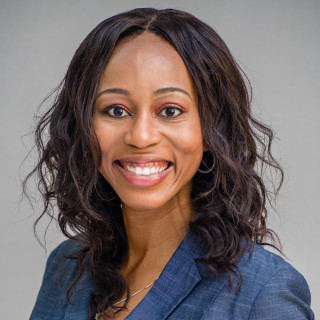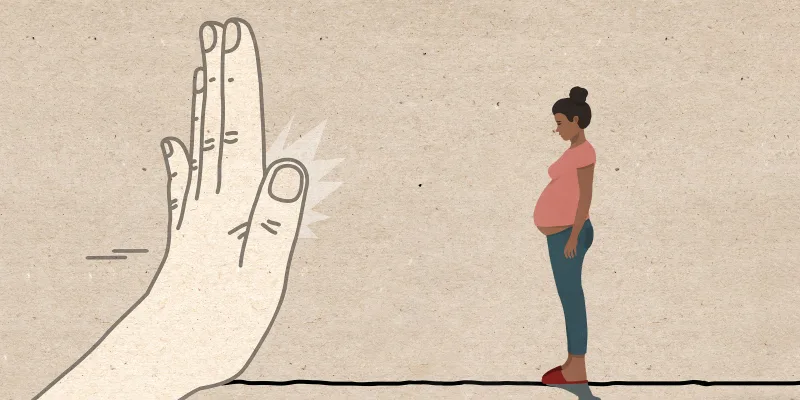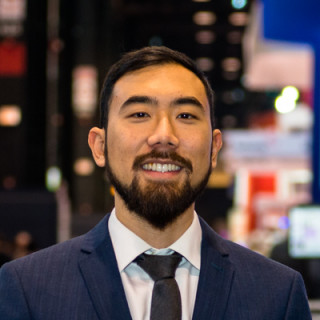As residents and fellows, our time in training helps us become better doctors, but it doesn’t necessarily help us avoid unwise financial decisions. Here are six of the top financial mistakes residents and fellows make:
1) Using the promise of future money to justify unwise purchases. I’ve seen numerous colleagues buy luxury cars and other expensive items during training. Although some have enough wealth or savings to afford these items, many do not. There is nothing inherently wrong with buying expensive things, but going into debt to buy something you don’t need may not be the wisest decision, especially while you are in residency. Just because our salaries are set to increase once we finish training does not mean we should accumulate more debt before we get to that stage or finance a car with high monthly payments. Many of us already have six-figure student loan debt. Adding a car loan to that amount at a time when we are only making around $60,000 a year can decrease our monthly cash flow and delay our ability to build wealth.
2) Not having a plan for student loans. Some residents, especially those who live in high cost of living areas, find it challenging to cover their monthly expenses. As a result, they choose to defer student loan payments until they become an attending. Although this may seem like a smart way to improve cash flow, pausing student loan payments allows even more interest to accrue on your loans, forfeits potential interest subsidies, and prevents you from meeting qualifications for the public service loan forgiveness program. Instead of deferring your loans, come up with a plan. Look at the various income-driven repayment options and pick one you can afford. Fill out the employment certification form and take advantage of your time in residency, during which you can make low payments that still count toward public service loan forgiveness.
3) Failing to insure against catastrophe. Many of us are healthy and tend to assume that things will work as we hope they will. Unfortunately, life has an ability to surprise us with situations we didn’t see coming. One of the best things we can do as residents is protect ourselves and our future income by setting up an emergency fund and getting disability insurance. Saving up money in an emergency fund will give us a way to cover unexpected expenses without having to take on debt. Getting an individual disability insurance policy, outside of what is already offered through our residency, ensures that we still have a steady monthly income if we happen to get disabled from an accident, diagnosed with a progressive medical condition, or suffer a mental health disorder that prevents us from working full time as physicians.
4) Racking up high-interest credit card debt. Many residents owe such a large amount in student loans that they have almost become immune to debt. They assume they can just pay it off when they get a job as an attending. This way of thinking leads some residents to purchase things before they can fully afford them and end up taking out even more debt during training. They charge vacations, large purchases, travel expenses, and other unnecessary items to credit cards, which ends up costing substantially more money in the long run. Although we may be able to pay off our debt as attendings, it still accumulates interest while we are in residency. Plus, money spent toward credit card bills in training means less money available to invest and build our net worth. If you absolutely need money in training to cover things like moving expenses or child care, then take out a low-interest personal loan with a plan to pay it back as soon as you are able to, but try your best to avoid high-interest credit card debt.
5) Not using retirement accounts to build wealth. Many residents are not taught the basics of personal finance in training and may not know or understand the benefits of investing early. Perhaps they have heard of a Roth IRA or are aware that there is an option to contribute to the retirement plan at their residency, but they consider retirement a long way away and do not know that taking advantage of these accounts in training can jump-start their ability to build wealth and create the life they want. The truth is, because of inflation, we cannot save our way to wealth. We have to invest. Because of the power of compound interest, the sooner we invest, the sooner we build our net worth. One of the best ways to build our net worth is investing in the stock market on a consistent basis. Because of the tax benefits, asset protection, and retirement matches from our job, investing through retirement accounts is one of the best ways to build wealth.
6) Buying a home without considering the full cost. There’s nothing inherently wrong with purchasing a house, but I’ve noticed that many residents do it for the wrong reasons. They incorrectly assume that if their projected mortgage payment is less than their estimated rent payment then they should buy a home. However, comparing rent prices to mortgage prices will give you an incomplete picture. There are transaction fees involved in buying a home (like attorney fees, inspections, and appraisal costs) that can add thousands more dollars to the transaction, along with the added costs of maintaining a home (like homeowner’s insurance, property taxes, and repairs), all of which can easily add another $400 to $500 to the monthly mortgage amount. Even if the rent price is higher than the mortgage price, the added fees associated with homeownership can still make renting cheaper. Be sure to account for the full cost when deciding to rent versus buy.
As early stage physicians, we aren’t expected to do everything right. But avoiding these potential financial mistakes will help set us up for future financial success.
What financial decisions during your time in training have benefited you? Share your experiences in the comment section.
Dr. Altelisha Taylor is a family medicine resident at Emory University in Atlanta, GA. She has a passion for primary care sports medicine and enjoys helping physicians with personal finance and investing by writing articles on her blog Career Money Moves and interacting with other resident physicians through her Facebook Group Financial Grand Rounds.
Illustration by Jennifer Bogartz







